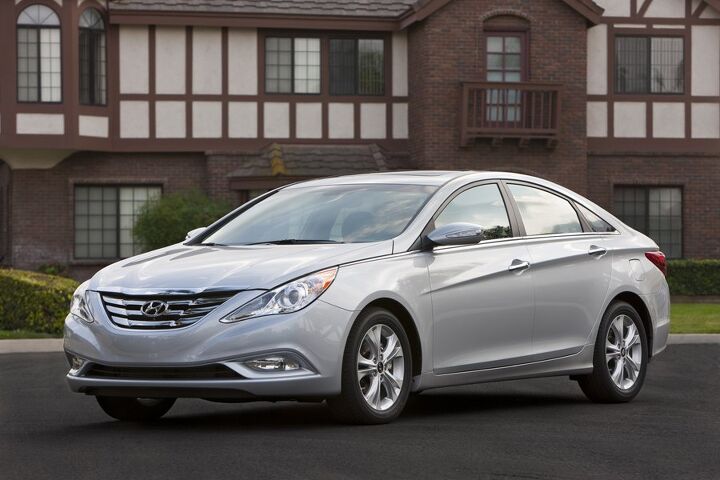#HyundaiRecall
Hyundai and Kia Recalled More Than 90,000 Vehicles for Fire Risk
Hyundai and Kia are among the most talked-about automakers on the planet. The duo’s new electric models are exciting and feature styling that makes them look ripped straight from a sci-fi film. Their growth has been impressive, but the news isn’t always positive. The automakers recently recalled more than 91,000 vehicles for an issue that could cause an oil pump fire.
Ask Jack: A Hyundai and a Moral Dilemma
After 45 years on this earth, I have come to a conclusion that is neither unique nor universal but which has considerable truth to it, regardless: The kind of stuff that alarms regular people rarely alarms experts on the subject — and vice versa. It’s true in scientific disciplines from materials science to artificial intelligence, it’s true when it comes to medical and health issues, and it’s true in matters of the law and governance. We can also add a corollary to this: Even when the experts and the regular people are both alarmed, it’s usually not for the same reason.
The idea of corporate personhood is an example of the latter. It’s common for lightly-educated political activists to screech, “CORPORATIONS ARE NOT PEOPLE!” — as if corporations had managed to start operating autonomous bipedal robots that walk among us as men and women. What they fail to realize is that corporate “personhood” actually protects both individual humans and society as a whole. As a ridiculous example to the contrary, Prince Charles and I both have the same “cutter” at Turnbull & Asser, a certain Mr. Steven Quin. He is the Royal Warrant Holder as an individual. In an earlier age, an English king could presumably have had him physically punished if his shirts didn’t measure up, as the Warrant is a transaction of sorts between a member of royalty and a subject of royalty.
While it’s very satisfying to extend this to the modern era and to imagine the CEO of BP being keelhauled for the Deepwater Horizon disaster, the fact is that without corporate personhood the responsibility for something like that would be placed on a “fall guy” or corporate sacrificial lamb — leaving companies free to break the law at will so long as they had access to people who were willing to go to jail on their behalf.
With that said, there is plenty of justified concern about some consequences of corporate personhood, most specifically as it applies to First Amendment issues and political contributions. Today’s question addresses yet another aspect of the corporation-as-individual. More precisely: Do we have a moral duty to a corporation? If so, to which one is that duty owed?

















Recent Comments